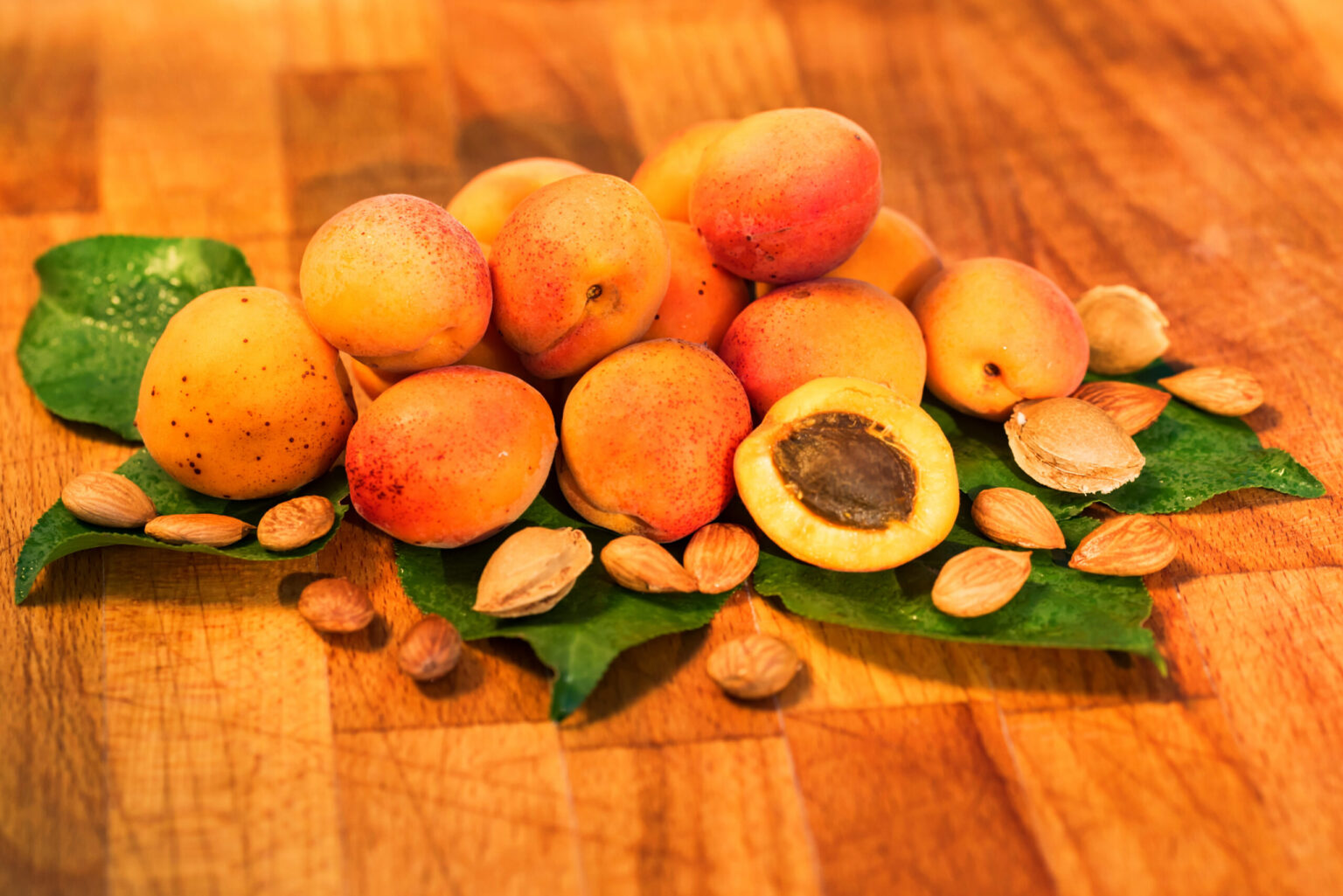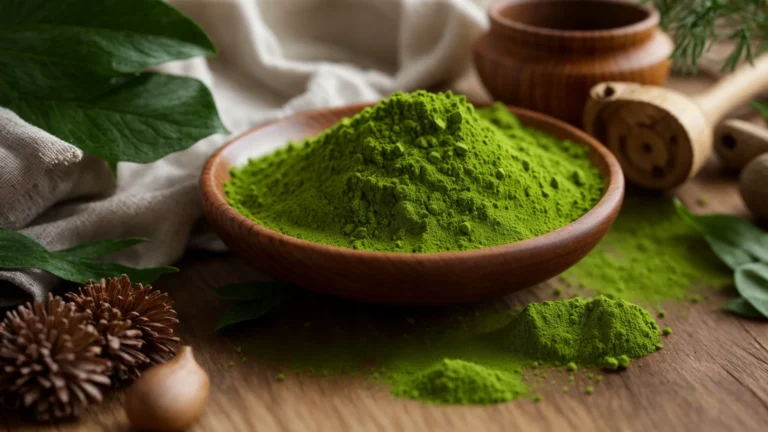The Potential Benefits of Apricot Seeds: A Comprehensive Guide
Amidst the myriad of natural foods gracing our pantries, apricot seeds emerge as a subject of intrigue, with their rich nutritional profile and rumored health propensities. Often overshadowed by the fruit’s juicy flesh, these kernels contain elements that may contribute to wellness and healing. Skepticism and curiosity mingle as one delves into the science and folklore surrounding these seeds. This comprehensive guide aims to illuminate the myriad potentials apricot seeds hold, from their use in traditional medicine to their incorporation in modern culinary arts. Keep reading to unravel the layers of benefits these unassuming kernels may harbor.
Nutritional Value and Health Benefits of Apricot Seeds

Despite their diminutive size, apricot seeds are a source of surprising nutritional richness. They are packed with healthy fats, dietary fiber, plant proteins, and various vitamins and minerals, such as vitamin E, magnesium, and phosphorus. The composition of these seeds positions them as a beneficial supplement to a balanced diet.
Apricot seeds contain amygdalin, a compound that has piqued researchers’ interest due to its potential medicinal properties. Proponents believe amygdalin can target and destabilize cancer cells, though this claim requires more robust scientific validation. Nonetheless, this element has placed apricot seeds under the scrutiny of the health community.
Cardiovascular health may receive a boost from the incorporation of apricot seeds into one’s diet. The monounsaturated fats present are known for their role in maintaining healthy cholesterol levels. This, coupled with the antioxidant properties of vitamin E, can contribute to the prevention of heart disease.
With their inherent anti-inflammatory qualities, apricot seeds may relieve individuals grappling with pain and swelling. Thanks to their zinc content, they may also play a supportive role in fortifying the immune system. As such, regular consumption of these seeds might provide a shield against common illnesses.
Those interested in exploring apricot seeds further can easily find them online by searching “apricot seeds for sale,” ensuring accessibility to this beneficial nutritional supplement.
Potential Medical Uses and Applications of Apricot Seeds
Researchers have focused on apricot seeds due to their rich amygdalin content. Within various medical studies, such as those geared towards understanding the impact on cancer, these seeds have shown promise, but conclusive evidence remains elusive. The ongoing research demonstrates a strong interest in unlocking their full therapeutic potential.
In alternative medicine, apricot seeds are sometimes employed as part of holistic treatment regimens. Practitioners often tout the potential benefits of detoxification and bolstering the body’s natural defenses. While not universally accepted in mainstream medicine, such applications reflect the diverse uses of apricot seeds in health-related contexts.
Derived from apricot seeds, laetrile is a substance that has been explored as an anti-cancer agent. Many anecdotal accounts attribute healing effects to laetrile, pushing scientists to investigate its efficacy in clinical settings. While the subject is shrouded in controversy, it has not dissuaded some from considering it a plausible therapy option.
As preliminary research suggests, apricot seeds’ nutrient profile may benefit the immune system. Elements like zinc and vitamin E contribute to immune function, leading health enthusiasts to recommend these seeds for their purported immune-boosting properties. Careful consideration of the scientific evidence is essential before these claims can be fully endorsed.
Incorporating Apricot Seeds into Your Diet

Apricot seeds have made their way from obscure health food stores to the pantry shelves of culinary enthusiasts. Their subtly sweet yet noticeably bitter flavor adds a unique twist to various dishes. Chefs and home cooks utilize these seeds to impart an almond-like taste to desserts and pastries.
When ground into a fine meal, apricot seeds are a gluten-free alternative to conventional flours in baking. This application extends to creating delicately textured cakes, cookies, and crumbles that cater to those with dietary restrictions. Their versatility in the kitchen is slowly being recognized by enthusiasts and chefs alike.
In savory dishes, apricot seeds can be roasted and sprinkled atop salads for added crunch or blended into dressings for a nutty undertone. Their use is particularly common in Middle Eastern cuisines, where they are often incorporated into pilafs, lending a nuanced depth to these traditional dishes.
While utilizing apricot seeds in recipes, it is imperative to consider their potent flavor — a small quantity goes a long way. They are usually used sparingly to ensure a balanced taste profile, complementing rather than overwhelming the other ingredients within the culinary creation.
Altogether, apricot seeds offer a compelling blend of nutritional benefits and potential therapeutic properties, supported by their rich composition of healthy fats, vitamins, and minerals. Whether in traditional medicine or modern culinary applications, their versatility intrigues researchers and chefs, promising health-conscious innovation and culinary delight.




